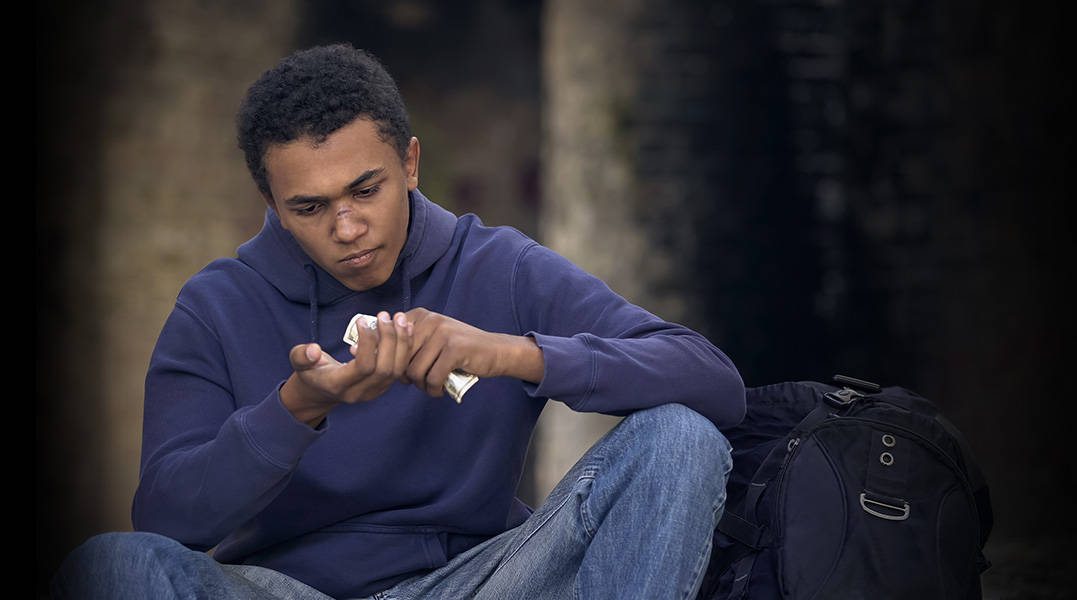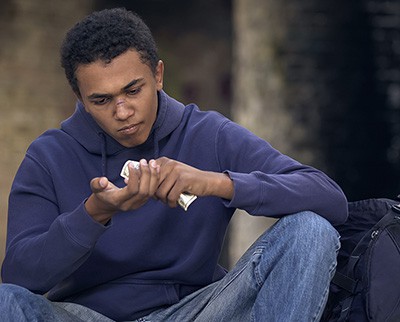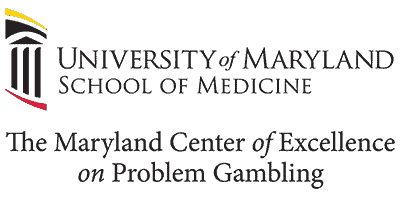

Don't Gamble
More Than You Can
Afford to Lose.
A gambling problem can become an addiction.
Gambling is a socially acceptable activity for adults. You can find gambling activity everywhere such as: the six Casinos here in Maryland; Lottery scratch offs at your local convenience store; the monthly bingo game at the Church; March madness tournament pools each year at work; and even the weekly poker game at a friend’s house.
When does it become a problem?
A gambling problem generally has 2 key features. One is impaired control. This means not being able to stick to limits of the amount of money and/or time that is spent gambling. The second feature is that the gambling causes personal emotional, financial, relationship or legal problems (negative life consequences).
Gambling problems not only impact the person who is gambling but also frequently cause distress for family, friends, and co-workers. And a gambling problem can become an addiction.
Gambling problems were initially recognized as an impulse control disorder but have recently been reclassified by the American Psychiatric Association as an addiction.
While gambling is a form of entertainment for most people, for others it is a devastating medical condition. Most people are unaware of the dangers of problem gambling or that it is a treatable medical condition. Certain things may make people more susceptible such as financial distress, substance abuse, mental health problems, or peer pressure.
GET THE FACTS
For the majority of adults, gambling can be a fun and entertaining experience, but there are risks involved. It is critical to know these risks and have a plan before you begin betting on sports.
- Gambling problems are often hidden, and many people may not be aware of them.
- Problem gambling can compromise, disrupt or cause damage to one’s life.
- Problem gambling has the highest rate of suicide of any addictive disorder, with 1 in 5 attempting suicide.
People with gambling problems are at high risk for incarceration and suicide. It is very important to get help as soon as possible.
Did You Know:
- One individual who struggles with problems due to gambling negatively affects 7-10 people within their immediate circle.
- Gambling should never be viewed as a financial solution.
- Individuals with substance use and mental health disorders are at a higher risk for having a gambling problem.
- Relationship violence and child abuse are correlated with problem gambling and severely aggravated if substance use is involved.
- 50% of people struggling with problems due to gambling/gambling addiction have had thoughts of suicide.
- Although gambling is illegal for youth under the age of 18, 33% of Maryland high school students gamble. Of that group, 30% will develop a gambling problem.
- Nearly 10% of US Veterans struggle with disordered gambling, a rate two-three times higher than the general population.
- 2% of older adults in Maryland are problem gamblers.
Share This Page:
Is Gambling Affecting Your Life?
- Get Help Today -
Gamblers, their family, their friends, or employers are welcome to call or text the free and confidential helpline.
Call or Text the Maryland Problem Gambling Helpline 24/7
As a Maryland resident, you can be connected to a treatment provider for “no Cost” counseling or to to a Peer Recovery Support Specialist who has live experience in recovery and has been there.
MORE OPTIONS:
Self Assessment

If you, or someone you know, struggles with problems due to gambling behavior we can help! Call or text:
(1-800-426-2537)
Maryland Problem Gambling Helpline… It’s free, confidential and 24/7
©2023 THE MARYLAND CENTER OF EXCELLENCE ON PROBLEM GAMBLING

